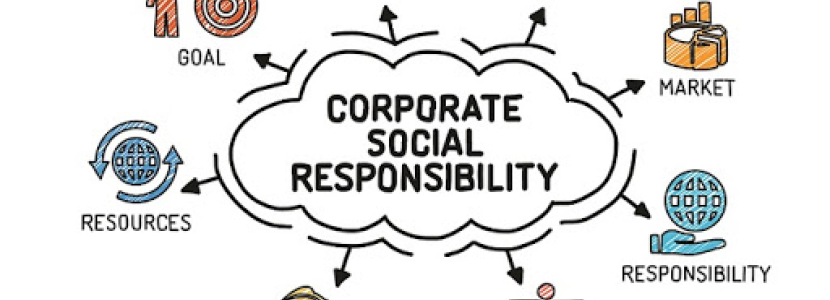
Offsetting the carbon footprint or eliminating single-use plastics are small steps that appeal to the most discerning customer
A traveler is faced with a dilemma: his travel agent offers him the possibility of booking in two hotels with similar characteristics and the same price, separated only by a few meters. Both are located on the beachfront and the customer, who is curious by nature, has observed on several review websites that the two establishments score very similarly.
As we say, the traveller in question is curious, and as he is informed about the latest news, two images appear in his mind. His memory reminds him that one of the hotel chains has made its establishments available to the health care providers during the worst months of the pandemic.
He also remembers an announcement by the same company, urging them to avoid the massive use of plastics and, by way of example, announcing that it has removed all single-use containers from his hotel rooms.
The traveller has no more doubts. He booked the hotel from the company he considered most committed and supportive, and informed his travel agent of the reason for his choice. He will also tell his family and friends. And this is how Corporate Social Responsibility (CSR) reveals itself as an effective marketing strategy towards customers; motivating for employees; and positive for the planet.
CSR, within reach of every pocket
As we have seen, CSR is a very powerful tool for strengthening our brand image, and each company, to the extent of its possibilities, can implement strategies of this nature, without allocating a particularly high budget item for it.
It is true that large companies develop ambitious projects for the reforestation of the Amazon rainforest or the construction of schools in countries hit by extreme poverty and that, in addition, they have marketing departments with the capacity to show their actions widely.
However, a discreet agency can carry out small actions that also impact on the opinion that clients have of the company. For example, there are companies that allow us to offset the carbon footprint of our business through a voluntary financial contribution, which is allocated to projects related to the fight against climate change, poverty or support for local development.
In addition to providing tax benefits, they generally give a distinctive mark to the companies that contract their services, which we must place in a visible place in our establishment because, as we have seen, it is the small details that make the difference for the most demanding clients.
The importance of involving employees
More options. We don't have the budget to undertake a project to preserve and protect sea turtles, but we can replace our employees' plastic bottles with containers made from recycled materials; or perhaps we know of a local association that appreciates our sponsorship and the participation of our employees in the solidarity race it has organized.
In these two cases, we also manage to involve our employees and motivate them so that the reinforcement of our brand is not only to customers and potential investors, but also to the inside. It is just as important to win the hearts of the travellers who place their trust in our agency, as it is to get the employees to identify with the company's values.
Finally, we must not forget to disseminate our actions. To prepare press releases and send them to the specialized media; to make videos and upload them to Youtube, to post images on Instagram, to explain the reasons that have led us to collaborate with a specific cause in our web blog.
Any small detail counts, and more now, that the crisis caused by the coronavirus has served to make citizens value enormously the solidarity proposals and the promotion of human rights.
Credits https://www.agenttravel.es/noticia-038858_La-RSC:-una-estrategia-de-marketing-que-pone-el-foco-en-la-solidaridad-de-las-empresas.html





